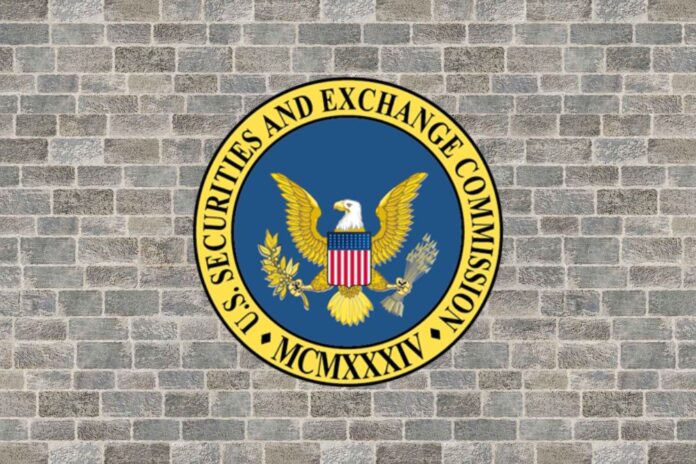Quantstamp, a blockchain security firm, has been accused of conducting an illegal initial coin offering in 2017. The firm has agreed to settle the charges and return the funds to investors.
The United States Securities and Exchange Commission (SEC) has accused Quantstamp, a California-based company that provides automated smart contract auditing services, of selling QSP tokens as unregistered securities.
Read Also: SEC Chair Gensler Testifies in Senate, Speaks In Relation To Ripple and XRP: Here’s the Summary
According to the legal documents, Quantstamp allegedly raised more than $28 million by selling QSP tokens to about 5,000 investors between October and November 2017. The company’s plan was to use the ICO proceeds to develop a protocol on the Ethereum blockchain, which would provide automated security audits of smart contracts.
We are on twitter, follow us to connect with us :- @TimesTabloid1
— TimesTabloid (@TimesTabloid1) July 15, 2023
Furthermore, the firm allegedly made the buyers of QSP expect its value to surge as its enterprise progresses. In a new release last week, the SEC said Quantstamp also took steps to make the tokens available for trading on crypto exchanges.
The SEC further said Quantstamp claimed that the unregistered sales were exempt, but failed to qualify for any exemption to registration.
The firm has now agreed to settle the charges without denying or admitting the SEC’s charges. This is expected to incur nearly $2.5 million in disgorgement and prejudgment interest in addition to a $1 million civil penalty.
Read Also: Gym Positivity CEO Declares Support for Ripple and XRP. Here’s what he said
It should be noted that this settlement came about a week after Judge Analisa Torres ruled in favor of Ripple and XRP in an SEC lawsuit alleging Ripple of selling XRP as an unregistered security.
According to the SEC in its allegation against Quantstamp, QSP purchasers expected to profit from Quantstamp’s efforts
As stated in the cease-and-desist order, “Quantstamp indicated that the protocol it planned to develop would be lucrative because ‘the potential costs of smart contract failures will also grow.”
Follow us on Twitter, Facebook, Telegram, and Google News



